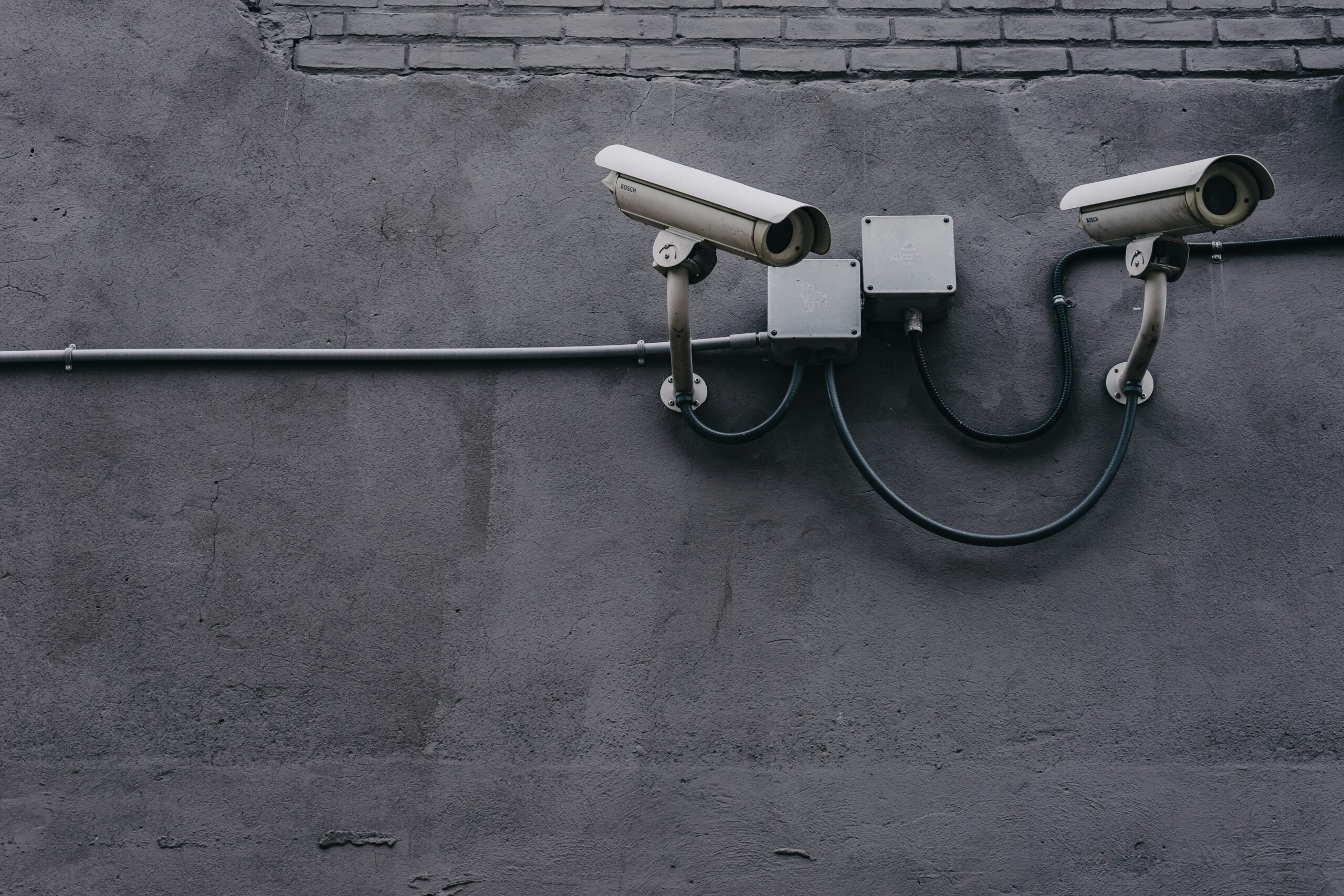In today’s digital age, where online transactions and interactions have become the norm, ensuring the security and authenticity of individuals is of utmost importance. This is where identity verification comes into play. Identity verification is the process of confirming that an individual’s identity matches the credentials they claim to possess. It involves verifying personal information, such as name, address, date of birth, and more, to establish trust and prevent fraudulent activities.
Identity verification is increasingly considered the future due to the evolving societal structures, technological innovations, and the shift to digital platforms. The traditional methods of verification, such as personal recognition and physical documents, are becoming obsolete as online platforms and digital wallets take precedence over brick-and-mortar establishments and paper money. The importance of identity verification is underscored by the increasing risks of cyber frauds and identity thefts, leading to the adoption of newer technologies and strategies to ensure the authenticity of a user’s identity
The future of identity verification is expected to be characterized by the widespread use of biometric technologies, such as facial recognition, fingerprint scans, and behavioral biometrics, as well as decentralized identity systems. These technologies offer secure and convenient solutions for identity verification, with the potential to make the process simpler, safer, and more secure
Additionally, the role of AI and machine learning has become crucial in modern identity verification, as they not only speed up the process but also continually learn and adapt, identifying suspicious patterns and improving verification accuracy over time
Furthermore, the adoption of a reusable approach to identity is expected to benefit both consumers and businesses, reducing frustration and building trust between the customer and the business
Despite the potential benefits of these advancements, privacy concerns and the need for transparent data usage remain important considerations in the future of identity verification
The Need for Identity Verification
With the increasing prevalence of cybercrime and data breaches, businesses and individuals alike are vulnerable to identity theft, financial fraud, and other malicious activities. In this context, identity verification serves as a crucial tool to mitigate risks and protect sensitive information.
Identity verification is not limited to the financial sector; it has become essential across various industries, including e-commerce, healthcare, travel, and government services. By implementing robust identity verification processes, organizations can ensure the safety of their customers, prevent fraudulent transactions, and comply with regulatory requirements.
Advancements in Identity Verification Technology
Traditional methods of identity verification, such as physical documents and in-person verification, are becoming outdated and inefficient. They are prone to human error and can be easily manipulated by fraudsters. As a result, businesses are turning to advanced technologies to enhance their identity verification processes.
One such technology is biometric authentication, which relies on unique physical or behavioral characteristics to verify an individual’s identity. Biometric data, such as fingerprints, facial recognition, and voice patterns, are difficult to replicate, making them highly secure and reliable. Biometric authentication is already being used in smartphones, laptops, and other devices, and it is expected to become even more prevalent in the future.
Another emerging technology is artificial intelligence (AI), which can analyze vast amounts of data and detect patterns that may indicate fraudulent behavior. AI-powered identity verification systems can assess risk factors, flag suspicious activities, and provide real-time alerts, enabling businesses to take immediate action and prevent potential fraud.
The Benefits of Identity Verification
Implementing robust identity verification processes offers numerous benefits for businesses, individuals, and society as a whole:
1. Enhanced Security:
Identity verification adds an extra layer of security, ensuring that only authorized individuals can access sensitive information or perform certain actions. This helps protect against identity theft, account takeover, and other fraudulent activities.
2. Improved Customer Trust:
By implementing strong identity verification measures, businesses can build trust with their customers. Customers feel more confident knowing that their personal information is being protected and that the business is taking proactive steps to prevent fraud.
3. Regulatory Compliance:
Many industries, such as finance and healthcare, have strict regulatory requirements for identity verification. By complying with these regulations, businesses can avoid legal issues, penalties, and reputational damage.
4. Cost Savings:
Identity verification helps businesses save costs by reducing losses due to fraud. By preventing fraudulent transactions and account takeovers, businesses can avoid financial losses and the associated costs of investigating and resolving such incidents.
5. Streamlined Processes:
Implementing efficient identity verification processes can streamline customer onboarding and authentication processes. This improves the overall user experience, reduces manual effort, and increases operational efficiency.
multiple verification methods, such as biometrics, passwords, and one-time codes, to establish a higher level of security. This approach is likely to become more prevalent as businesses strive to protect against evolving threats.
3. Continuous Authentication:
Rather than relying on a one-time verification process, continuous authentication monitors user behavior and verifies identity throughout an online session. This helps detect suspicious activities in real-time and provides a more dynamic and secure authentication process.
4. Collaboration and Data Sharing:
In the future, there may be increased collaboration and data sharing between businesses, government agencies, and other entities to establish a more comprehensive and reliable identity verification ecosystem. This could lead to faster and more accurate identity verification processes.
In conclusion, identity verification is the future of ensuring security, trust, and compliance in our digital world. With advancements in technology and the increasing need for robust security measures, businesses and individuals must prioritize identity verification to protect sensitive information, prevent fraud, and build trust with their customers.




